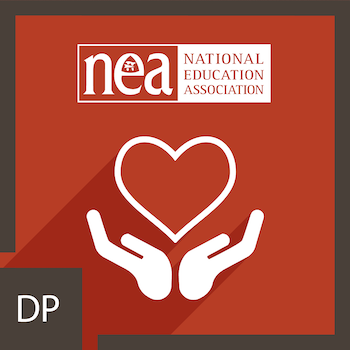
|
1. Exploring Restorative Practices
Educator explores restorative practices to strengthen relationships and build a community where harm can be addressed and repaired.
Types of Evidence Required: Self assessment, Revised classroom routines and expectations and a presentation
[View PDF]
|
Start
|
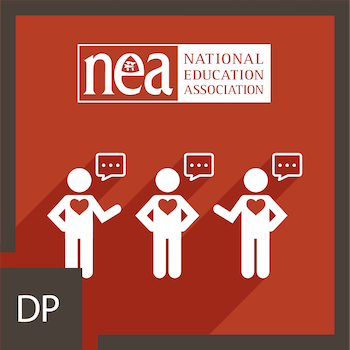
|
2. Building A Positive Classroom Community with Affective Language
Educator models and supports students to use affective language to build a positive classroom community that is founded on mutual respect and caring.
Types of Evidence Required: Unit of study, pre-post assessment and analysis, student work samples
[View PDF]
|
Start
|
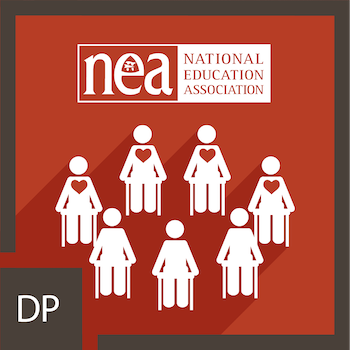
|
3. Restorative Circles: Building Relationships in the Classroom
Educator models and implements Restorative Circles to build authentic relationships with students.
Types of Evidence Required: Implementation plan, facilitator script, student reflections
[View PDF]
|
Start
|
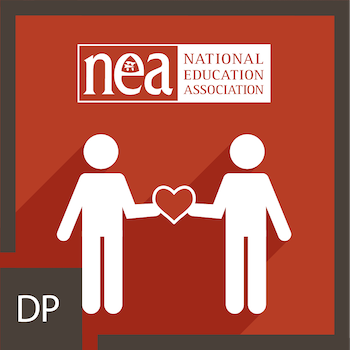
|
4. Restorative Conferencing
Educator uses conferencing to facilitate and promote healthy relationships among students and colleagues.
Types of Evidence Required: Conference referral, conference script and video
[View PDF]
|
Start
|
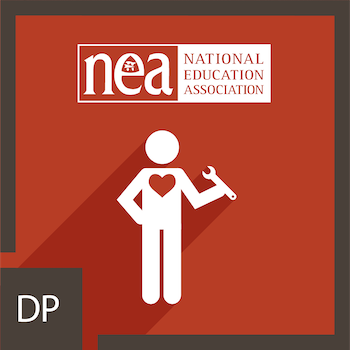
|
5. Implementing Restorative Practices
Educator implements a restorative practice plan.
Types of Evidence Required: Action plan, stakeholder engagement, and analysis of results
[View PDF]
|
Start
|
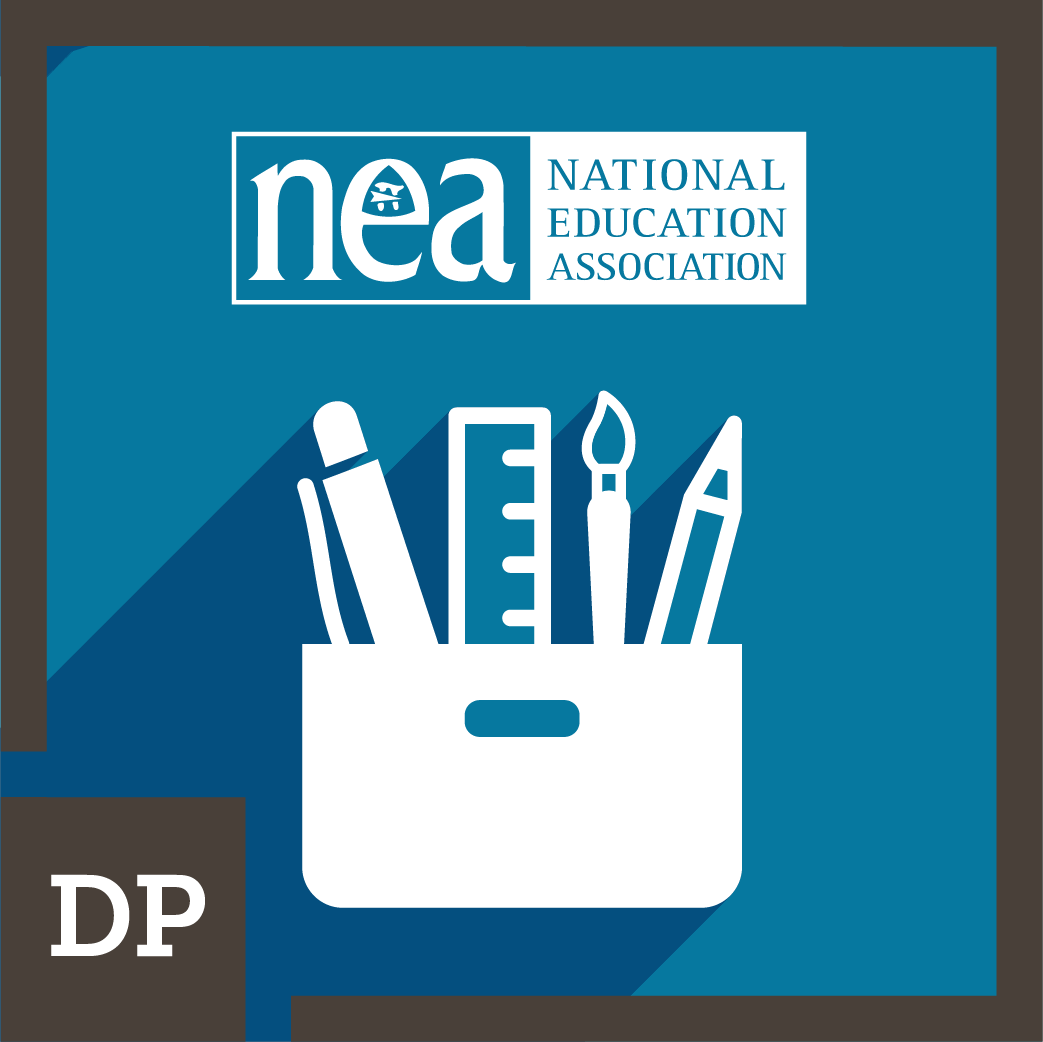
|
Classroom Management for Creative Learning
Educator creates a kinesthetic, cooperative, and culturally responsive classroom to maintain an engaging learning environment.
Types of Evidence Required: Document, Visual Evidence
[View PDF]
|
Start
|
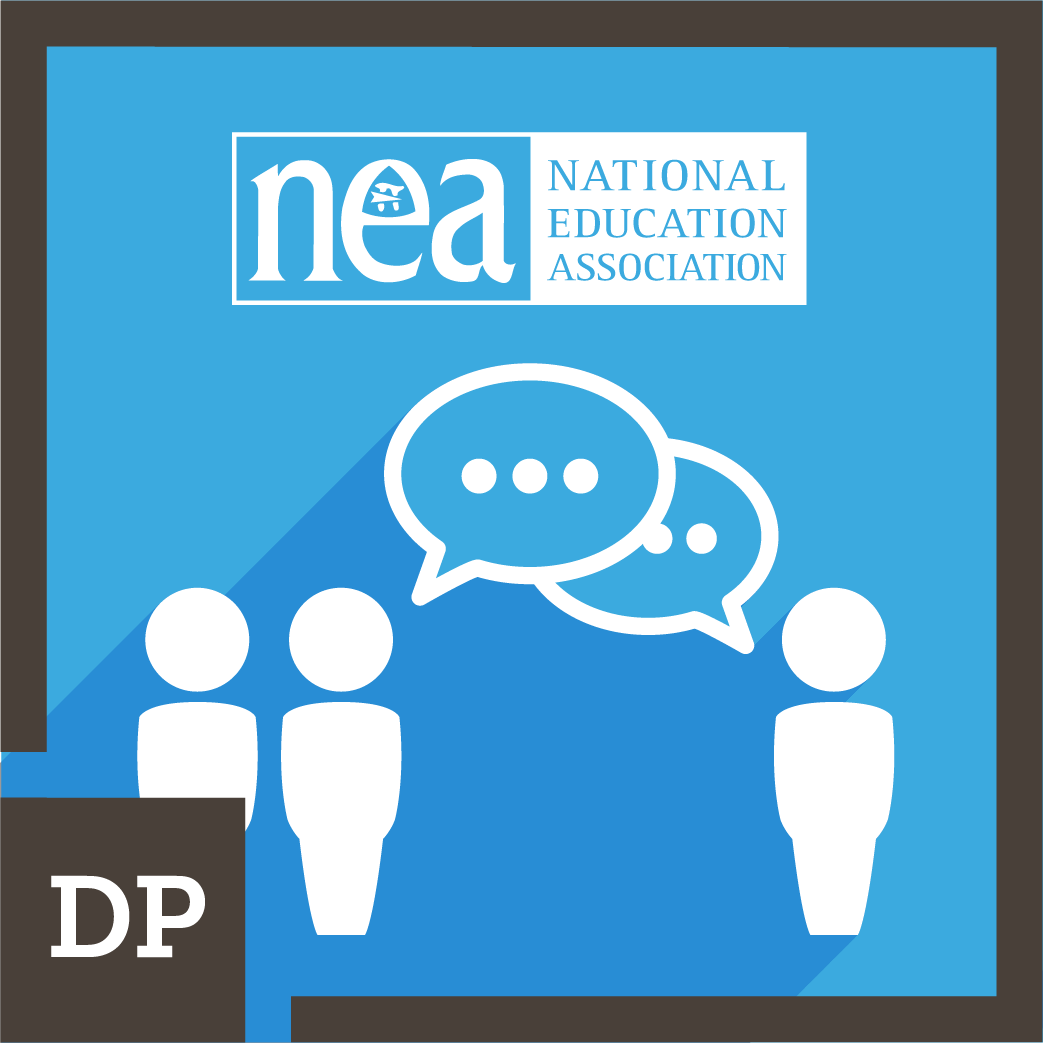
|
Community Awareness, Engagement and Advocacy
Educator deepens involvement in community issues.
Types of Evidence Required: Written artifact, audio or video AND written documentation, Written artifact OR video
[View PDF]
|
Start
|
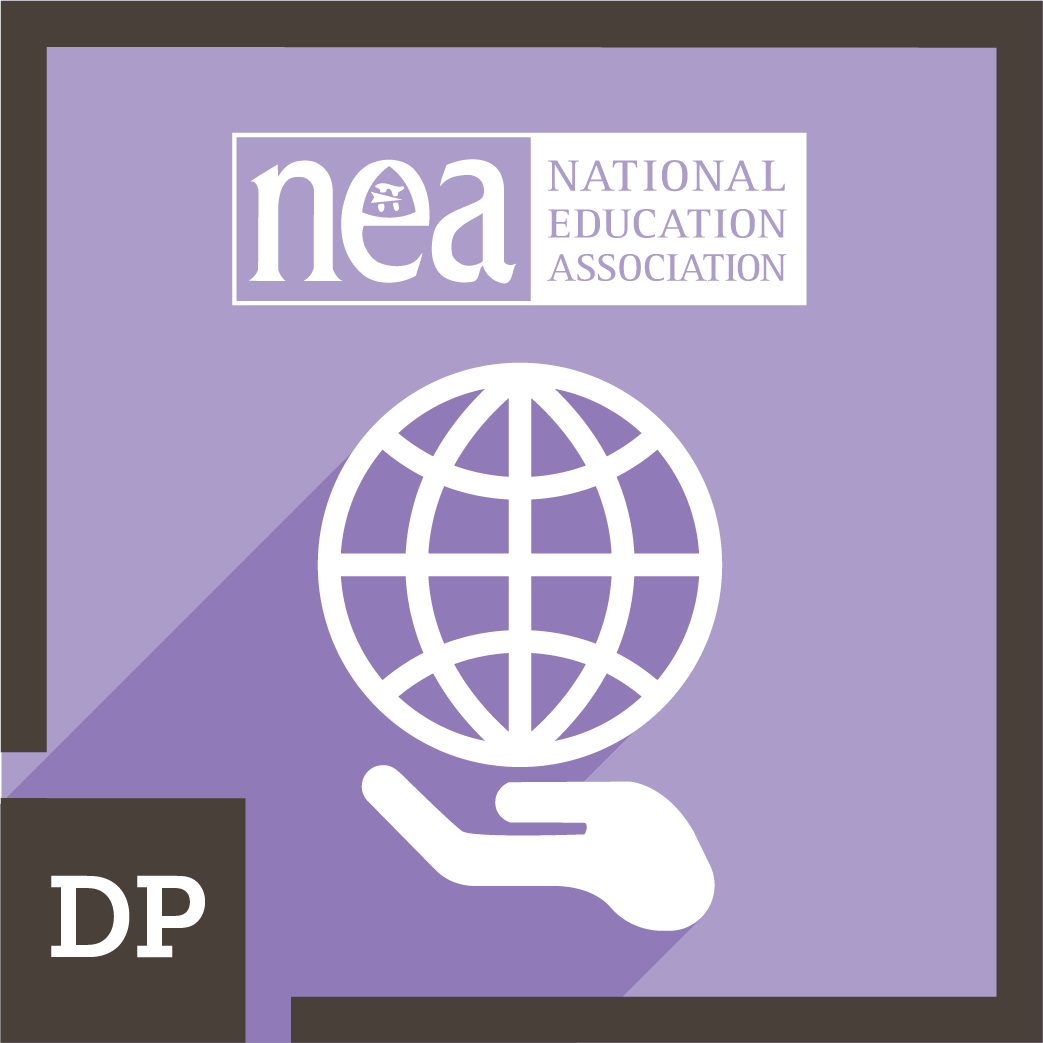
|
Cultivating Socially Just Environments
Educator deepens understanding of cultivating socially just educational environments.
Types of Evidence Required: Written artifact, audio or video AND written documentation, Written artifact OR video
[View PDF]
|
Start
|
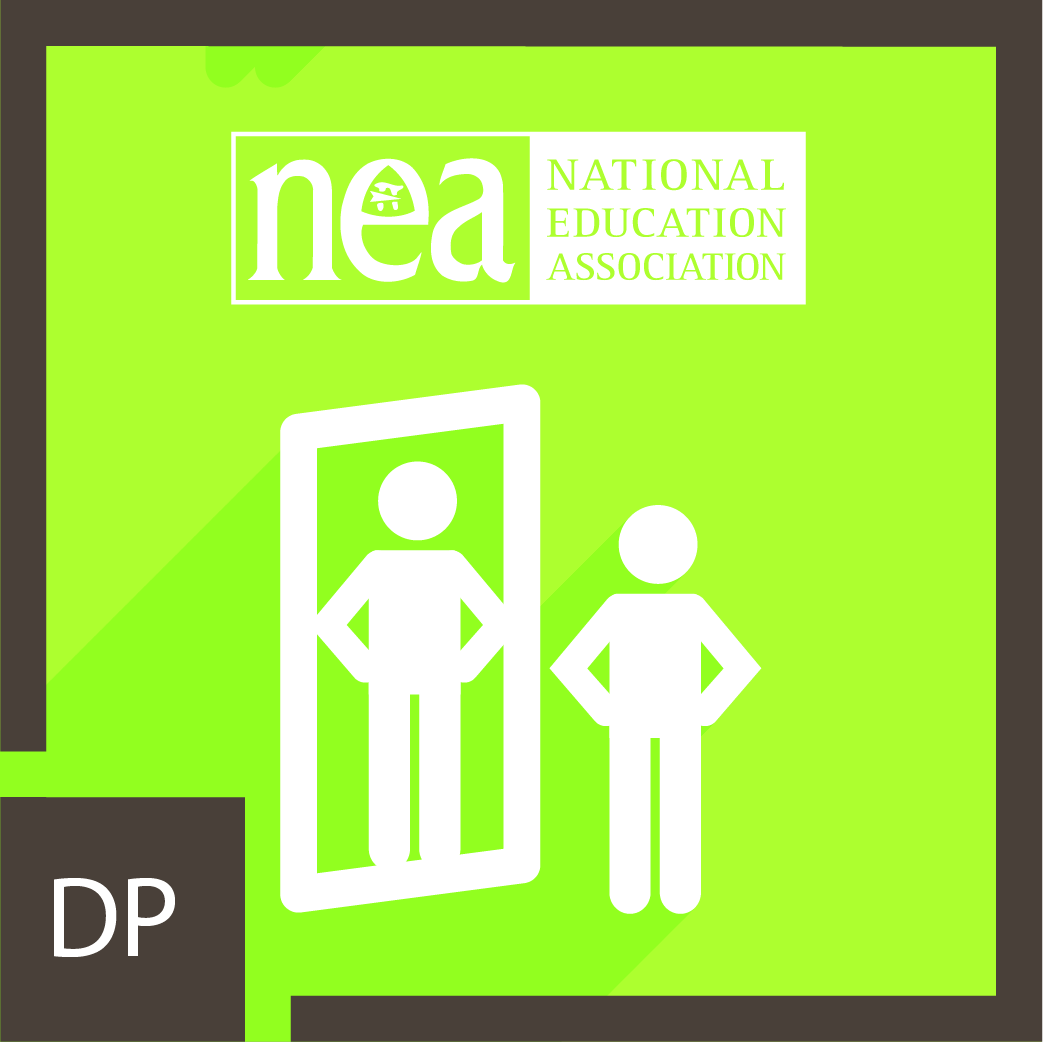
|
Cultural Competence Standard
The Education Support Professional (ESP) examines their own cultural context, understands the cultural contexts of others, and interacts across cultural contexts with sensitivity to difference (e.g., economics, race, gender, and disability).
Types of Evidence Required: Professional vision, professional growth plan AND documentation
[View PDF]
|
Start
|
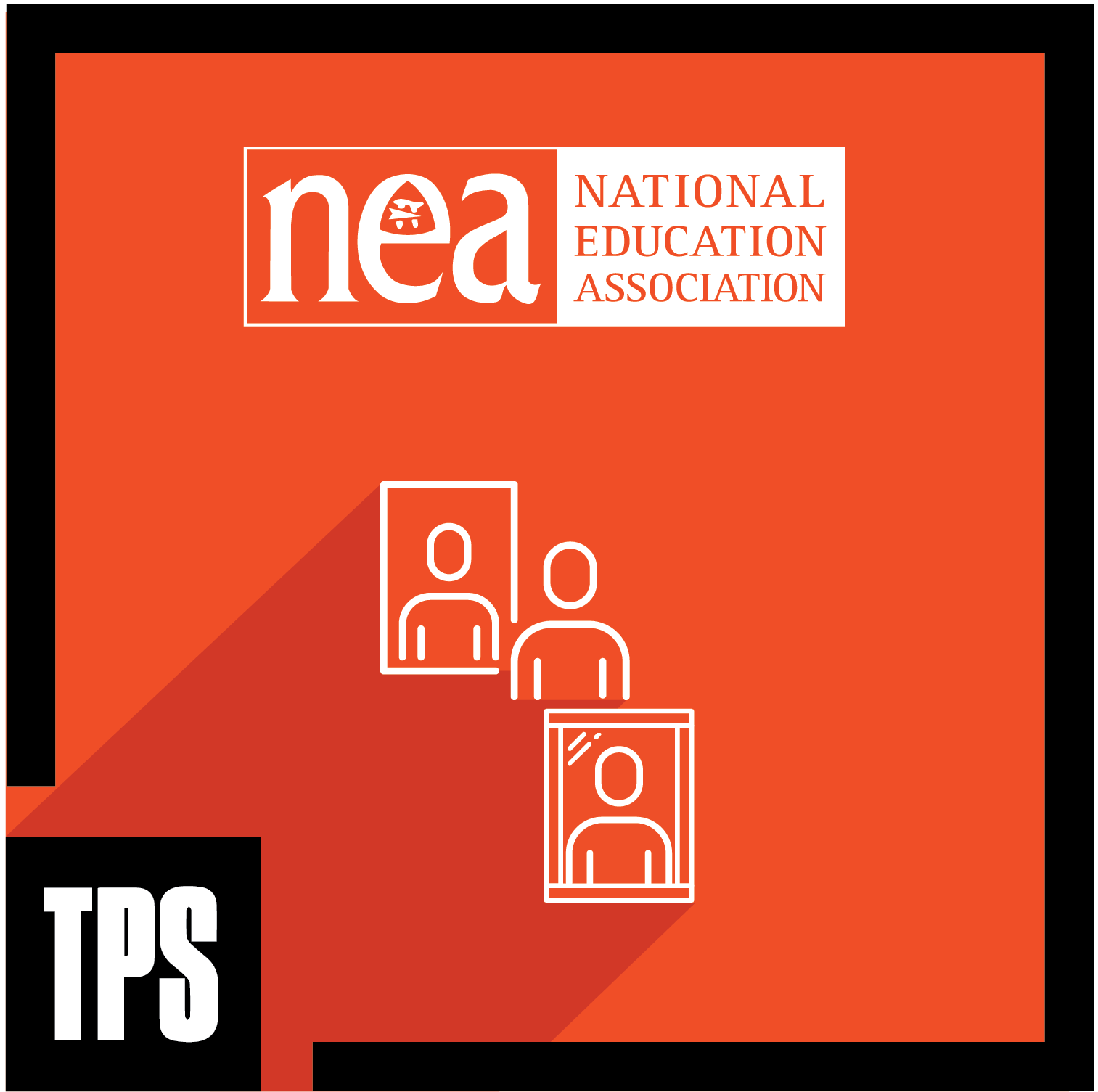
|
Culturally Relevant Pedagogy with Primary Sources
Educator uses primary sources and inquiry strategies to craft culturally relevant instruction.
Key Method: Educator develops and analyzes a lesson that incorporates the three tenets of culturally relevant pedagogy with primary sources.
[View PDF]
|
Start
|
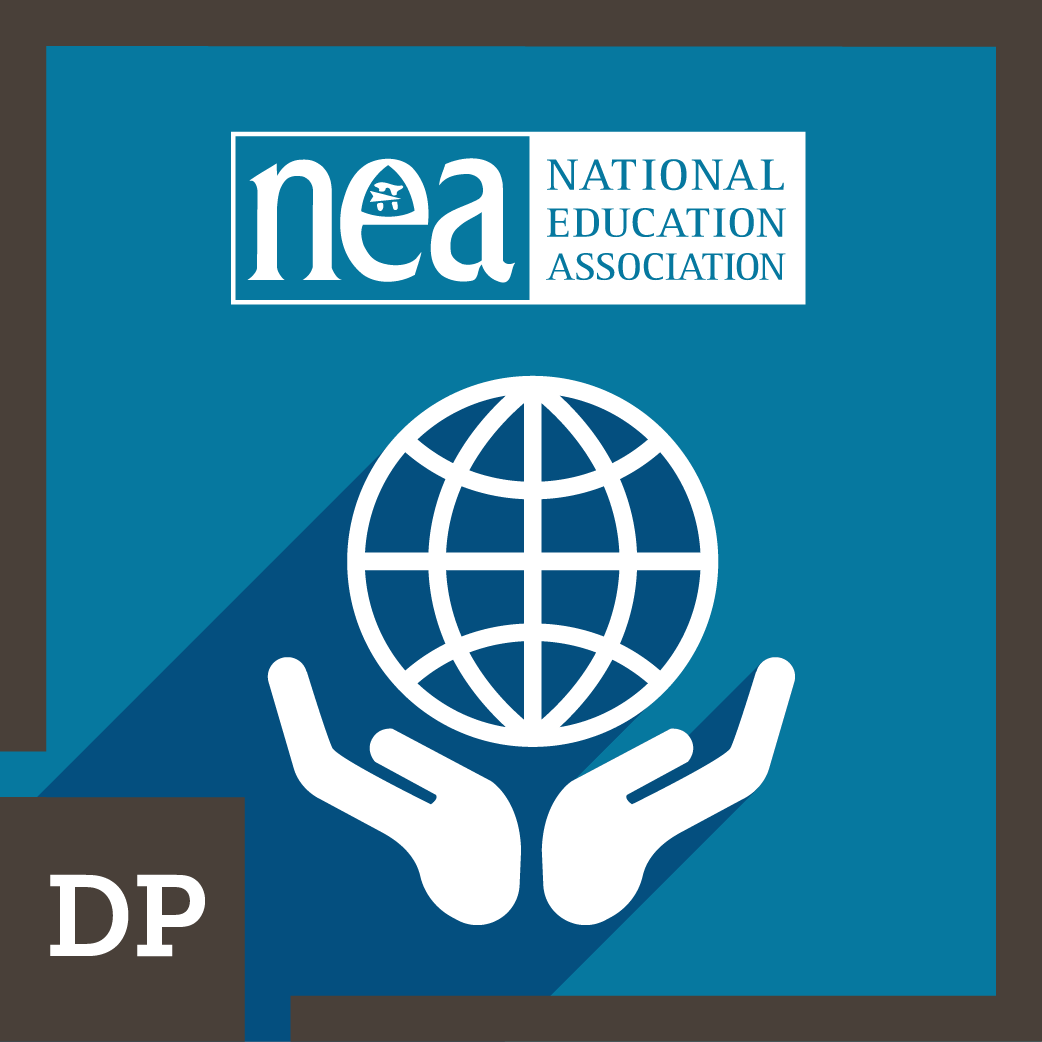
|
Culturally Responsive Art Instruction
Educator honors the presence of student diversity by incorporating culturally responsive arts instruction and/or integration.
Types of Evidence Required: Document, PDF
[View PDF]
|
Start
|
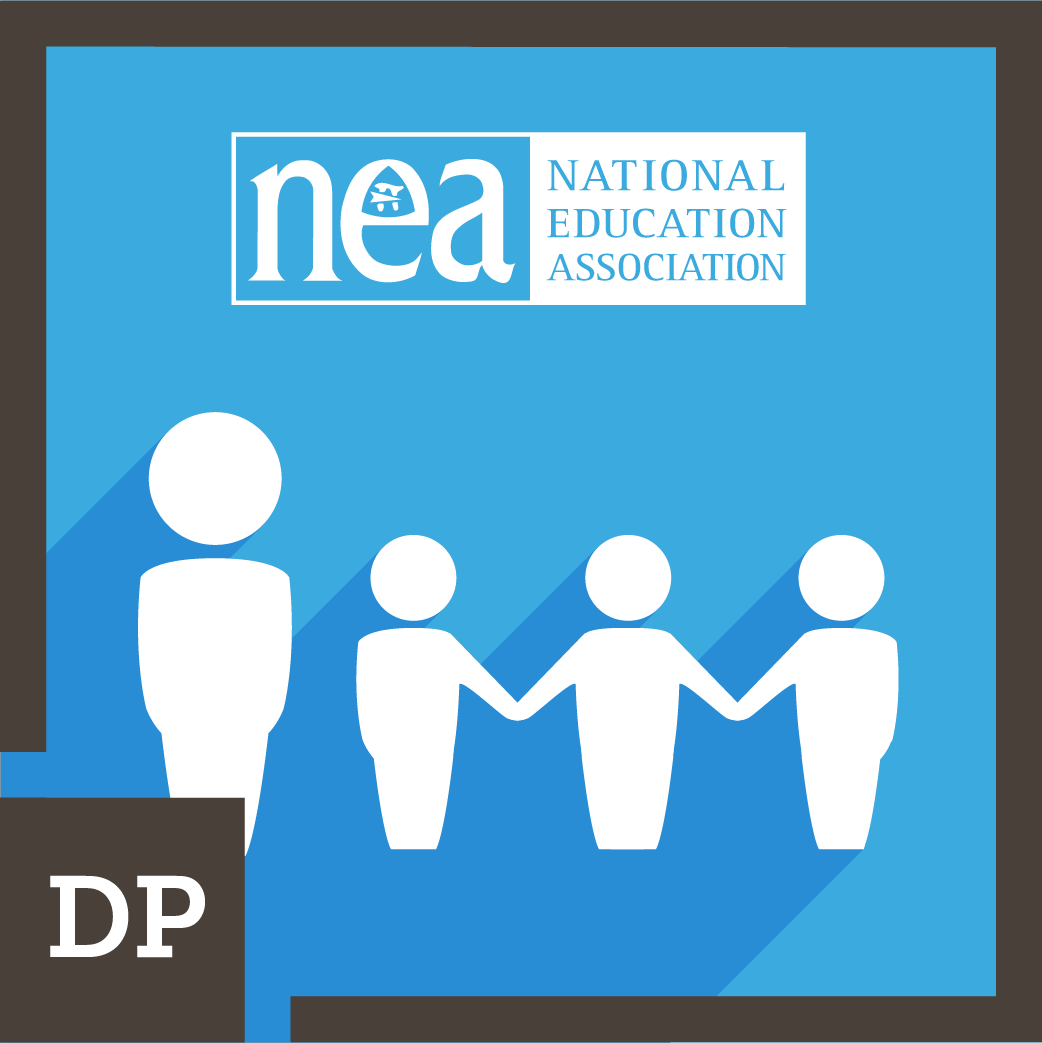
|
Facilitating Collaborative Relationships
Educator deepens their understanding and application of their abilities to facilitate collaborative relationships.
Types of Evidence Required: Written artifact, audio or video AND written documentation, Written artifact OR video
[View PDF]
|
Start
|
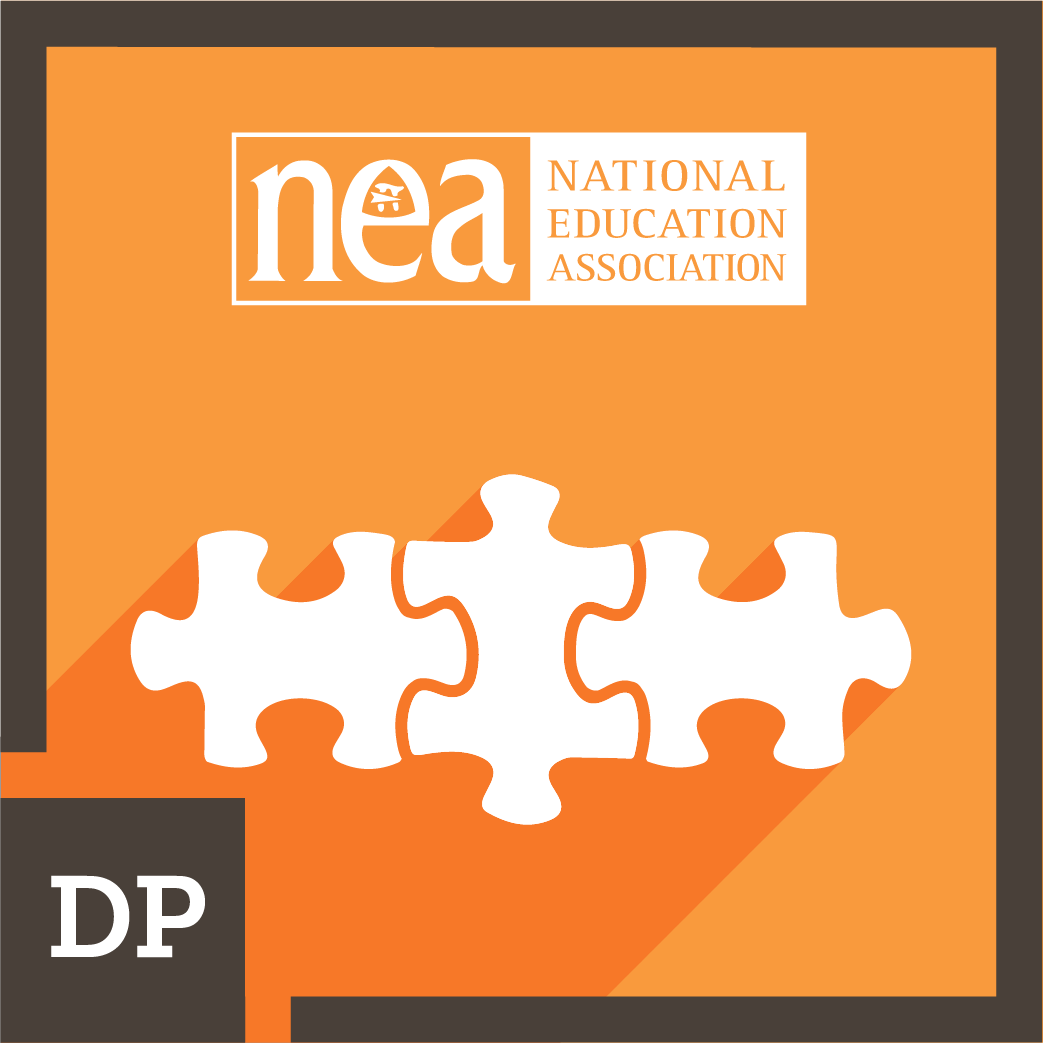
|
Interdisciplinary Themes to Enhance Student Learning
Educator identifies and utilizes interdisciplinary themes to enhance student learning.
Types of Evidence Required: Written artifact, lesson plan, 2 student work samples, rubric AND written artifact
[View PDF]
|
Start
|
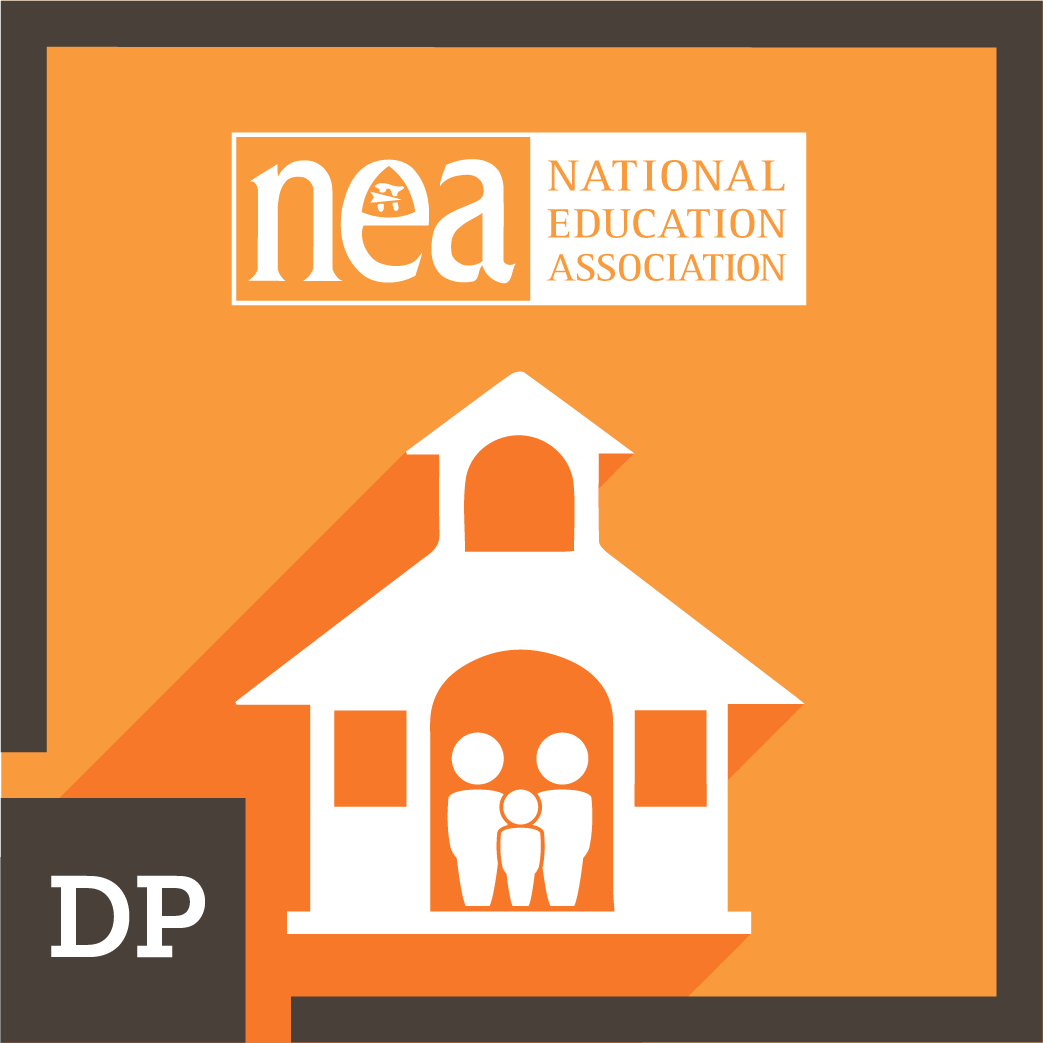
|
Linking Families and Communities to Schools for Student Success
Educator demonstrates an understanding of the important role that families and communities play in students' academic and social success.
Types of Evidence Required: Written artifact, Parent/Community Engagement plan, written artifact
[View PDF]
|
Start
|
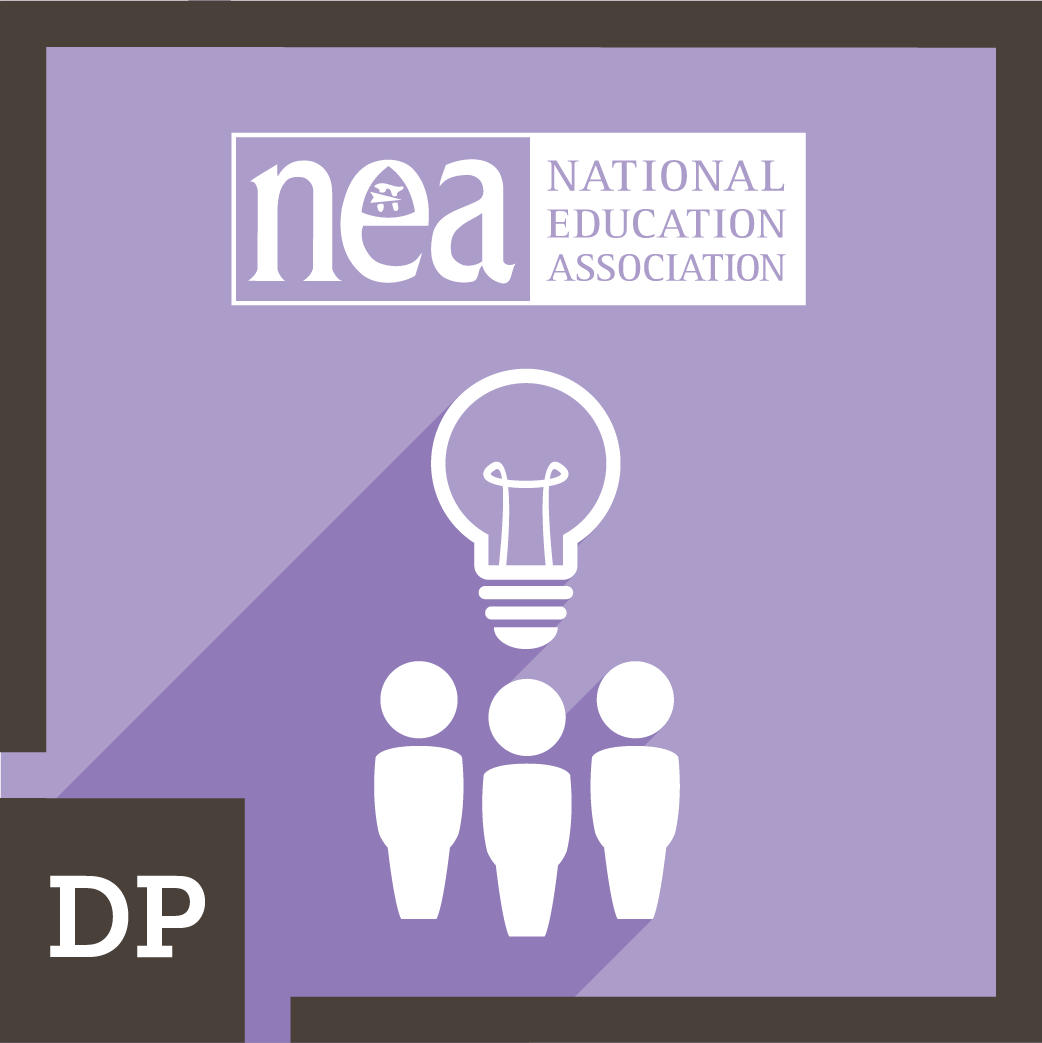
|
Purposeful Collaboration
Educator leads or facilitates diverse groups in situations which challenge inequity and promote equity, diversity, and cultural competency in education.
Types of Evidence Required: Video OR Audio AND/OR written artifact, Written artifact OR audio or video
[View PDF]
|
Start
|
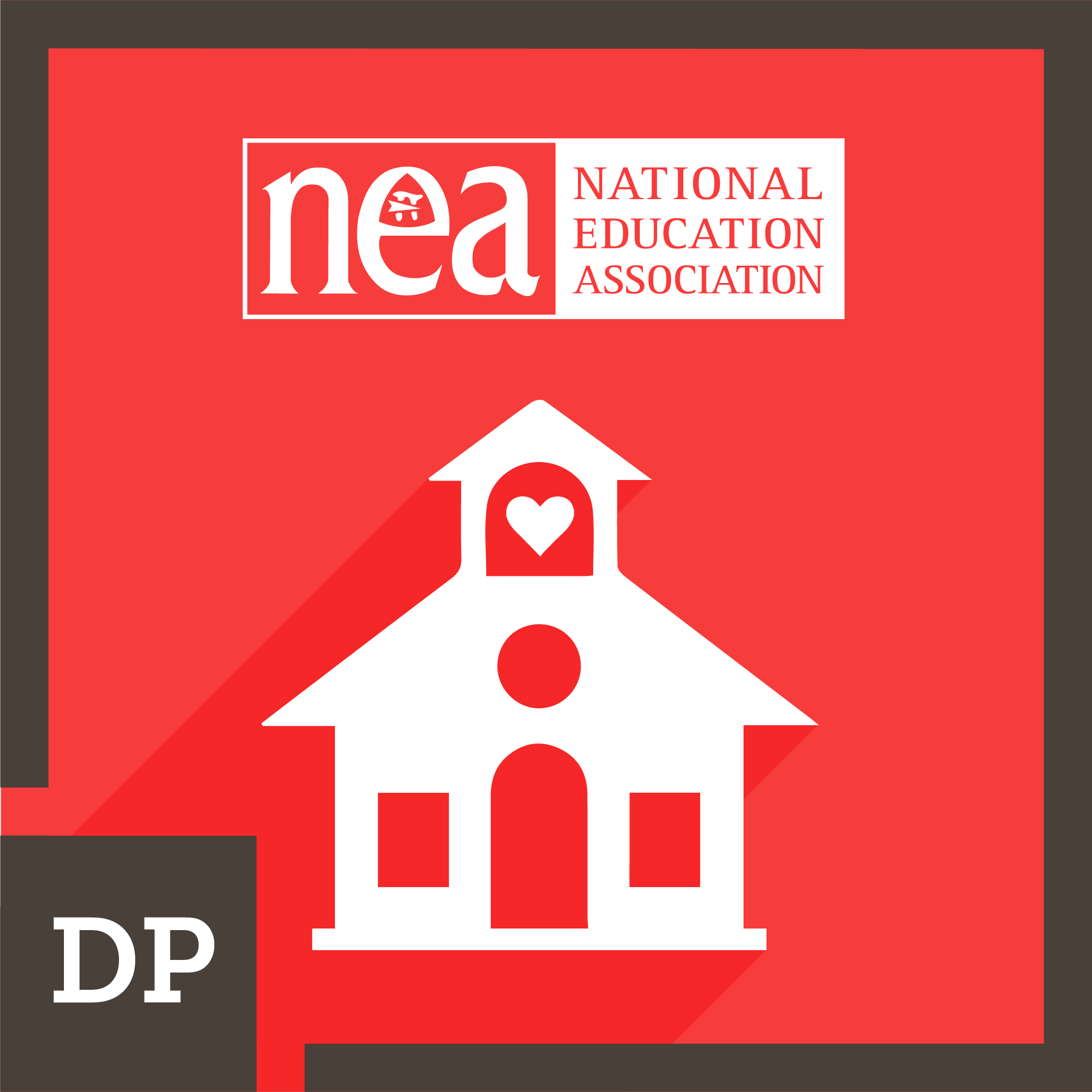
|
School Connectedness
Educator demonstrates an understanding of the relationship between school connectedness and school climate and the role they play in creating a positive learning and teaching environment.
Types of Evidence Required: written artifact
[View PDF]
|
Start
|
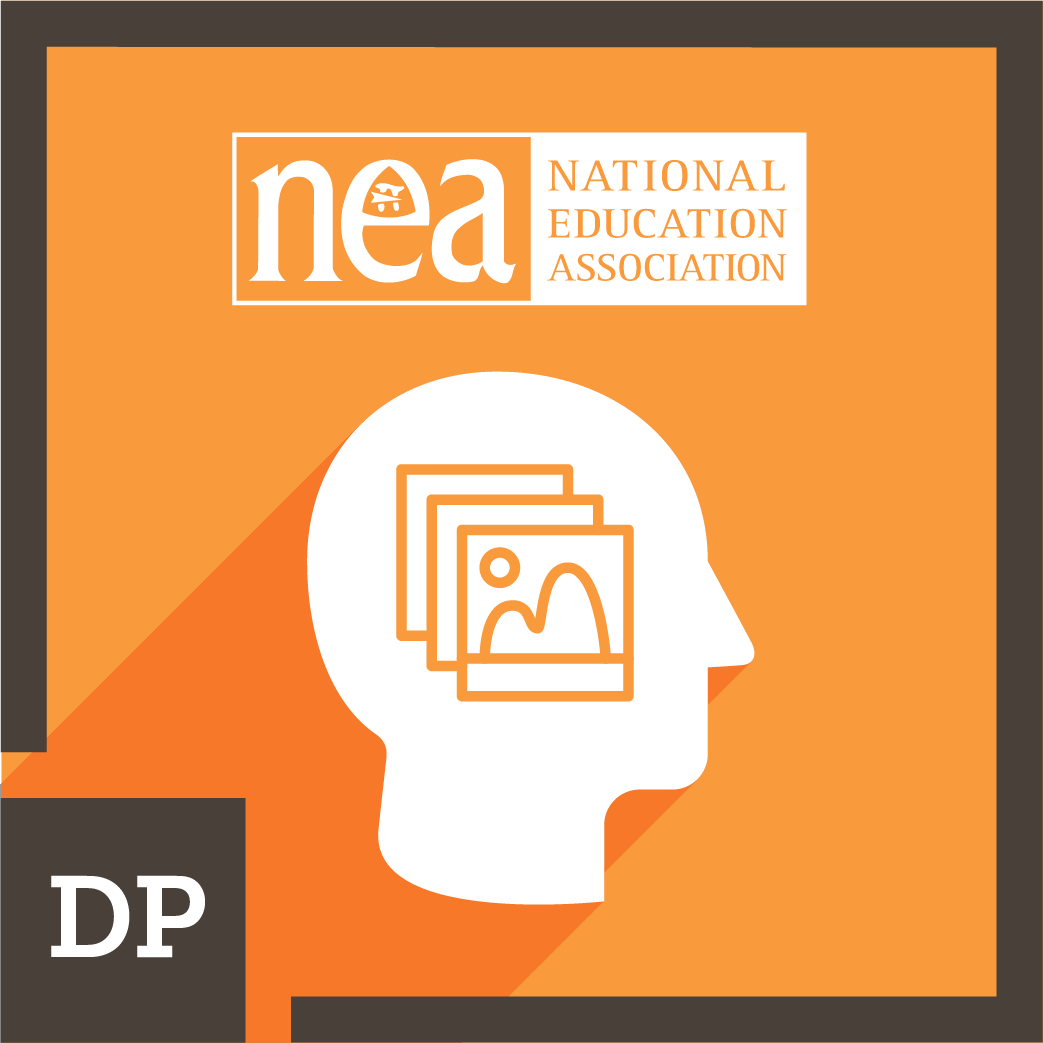
|
Teaching Global Competence
Educator facilitates learners' ability to develop diverse social and cultural perspectives that expand their understanding of local and global issues.
Types of Evidence Required: written artifact, 3 samples of annotated student work x2 (pre-& post)
[View PDF]
|
Start
|